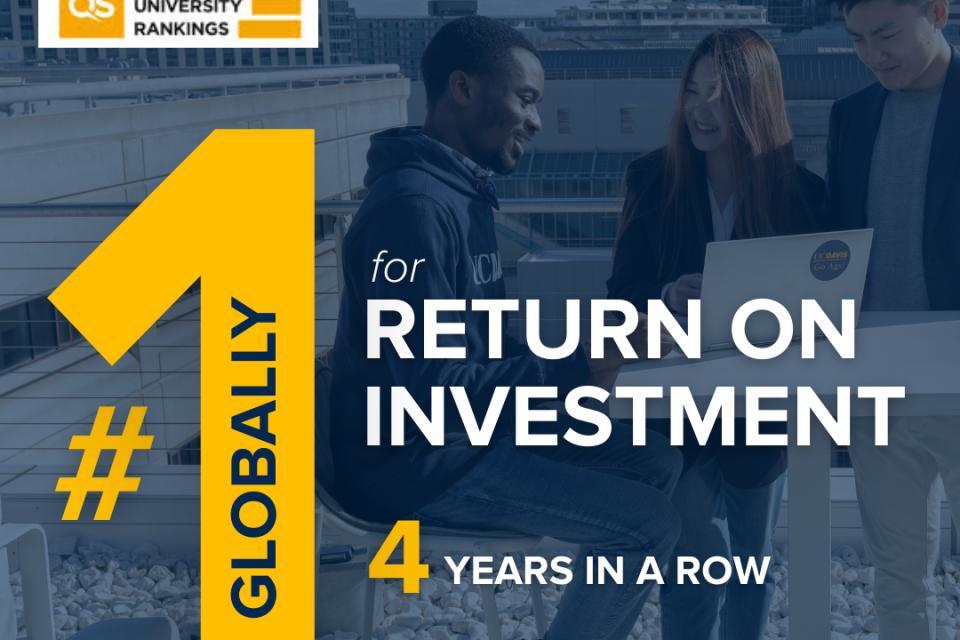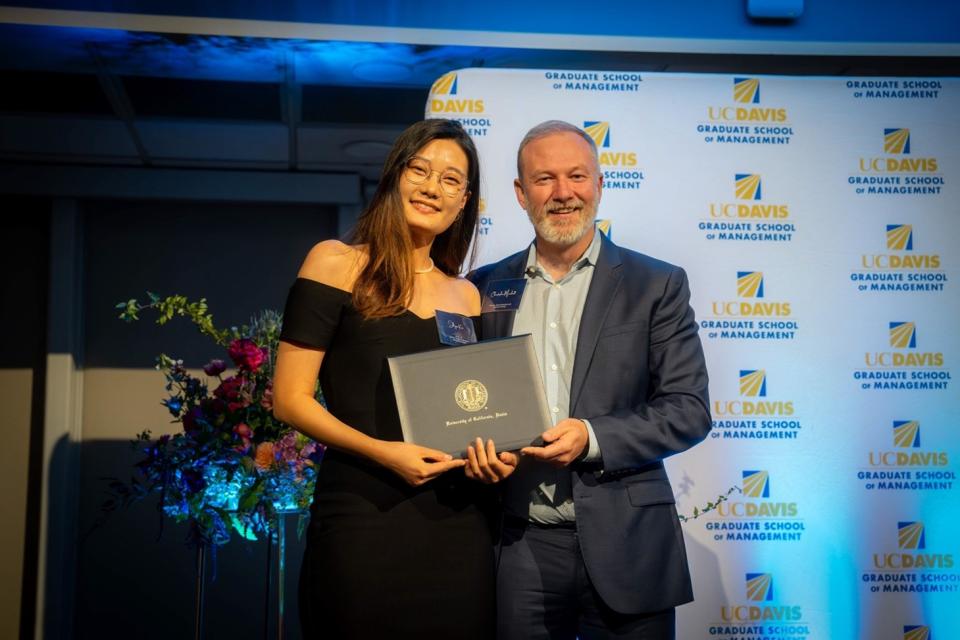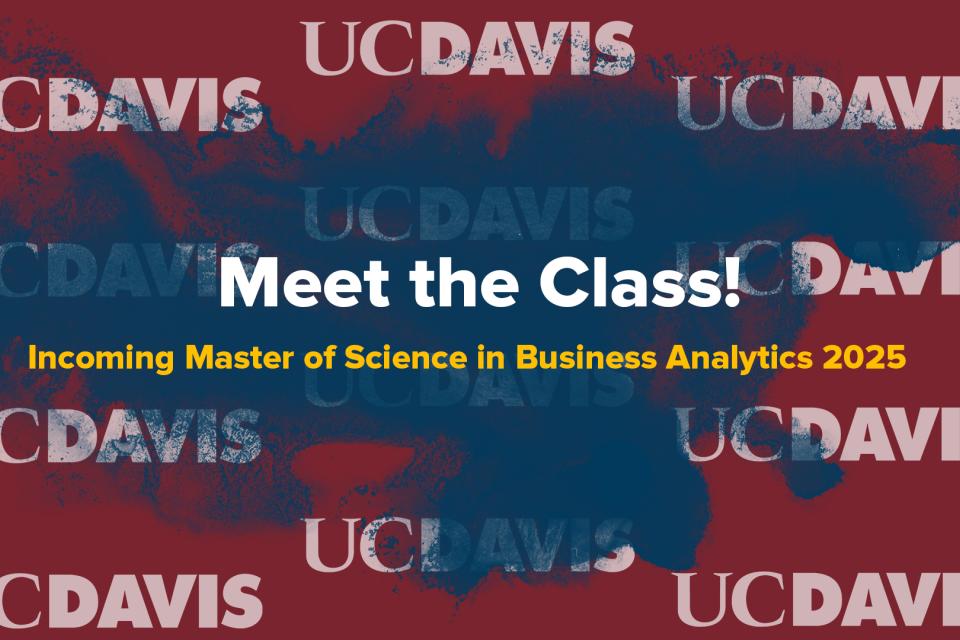What Started as a Practicum Project Became a Career in AI
Building ADHD learning tools to stepping into AI field
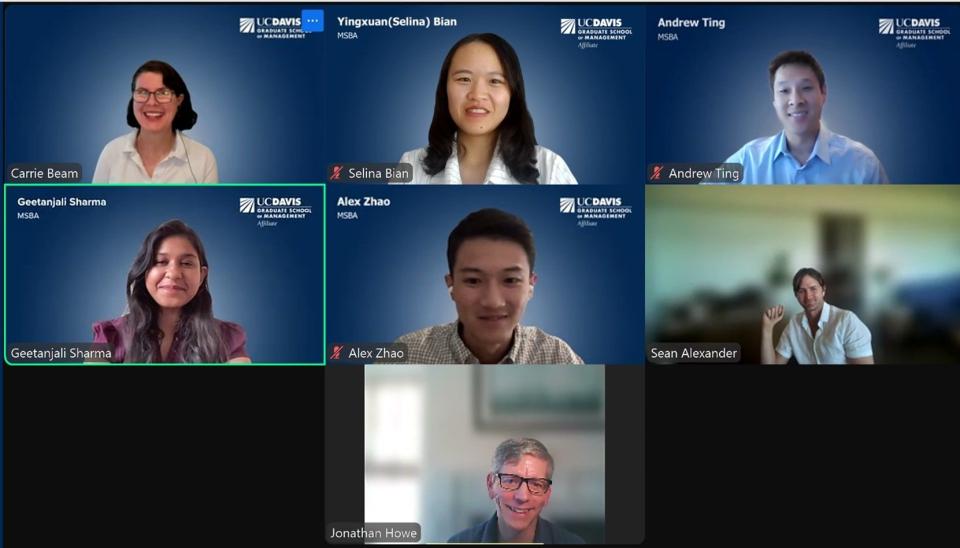
The UC Davis Master of Science in Business Analytics practicum projects offer a powerful learning experience by bringing company partners together with MSBA student teams and faculty advisors to solve real-world projects for client companies and organizations. As a team, we collaborate to solve complex data analytics problems and present we recommendations to top executives at the client firm—it’s one of the key reasons I chose UC Davis.
During our team’s practicum project for Andromeda, we built a retrieval-augmented generation (RAG) workflow to extract insights from unstructured tutoring session transcripts. RAG combines large language (LLM) models with a search layer so answers are grounded in external knowledge rather than AI hallucinations.
During the project, I learned to organize and ingest documents, build a vector search layer, experiment with chunking strategies and implement reranking. These skills later helped me secure an internship at Guardian Airwaves, an edtech startup, and an opportunity at LiveX AI, an AI agent startup specializing in customer support.
Building an AI Pipeline That Learns from Tutoring Sessions
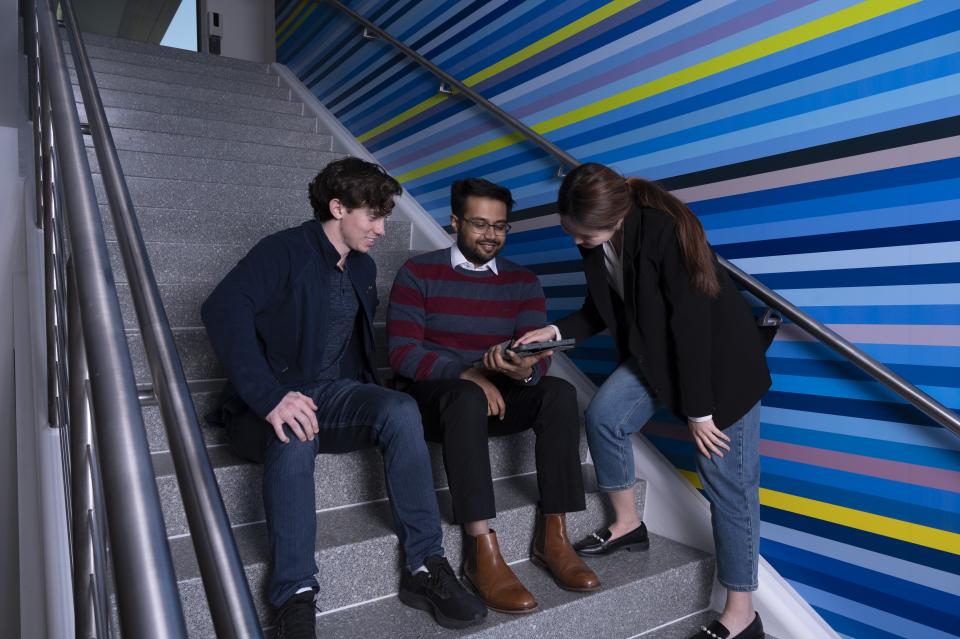
Inside a UC Davis Practicum Project on AI and Education
- UC Davis MSBA students partnered with Andromeda to build an AI tool that makes tutoring transcripts searchable.
- Using retrieval-augmented generation (RAG), the MSBA student team created a system where teachers can ask natural-language questions and get accurate, cited answers.
- The project combined large language models with vector search to turn hours of tutoring data into transparent, trusted learning insights.
Andromeda wanted to prototype a RAG pipeline for its knowledge platform.
The project involved several steps of data cleaning and analysis. Our student team collected all tutoring transcripts into a central Amazon Web Services S3 data store and ran an anonymization pass to remove sensitive details. We applied domain labels and standardized tag formats, persisting metadata into our Aurora database so labels could be queried across the pipeline.
Labeled transcripts were split into RAG-ready chunks and exported as structured JSON objects. Those chunks became the knowledge items used to ground model responses. We automated the pipeline so new transcripts flowed through anonymization, labeling, chunking and export reliably, with orchestration handled by Lambda functions.
Embeddings and retrieval were integrated with AWS Bedrock. This stack let us run iterative evaluation cycles and plan incremental improvements as more labeled data accumulated.
How an AI Practicum Led to an Internship with Guardian Airwaves
Shortly after finishing the practicum, I attended a local AI founder meetup where I met Lisa Revelli, founder of Guardian Airwaves. Drawing on its foundation in augmented reality, Guardian Airwaves was building a learning platform for ADHD students by integrating computer vision and LLM technologies.
During our conversation, I explained how Andromeda's RAG workflow chunks complex manuals into bite-sized pieces and re-ranks results to match user queries. Revelli was intrigued by my experience in the education sector and the experience of application of AI/LLM in this field. After an interview, I landed an internship at Guardian Airwaves. I spent the summer working with their technical team on a prototype, including frontend design and using LLMs to generate quiz questions based on the content students were reading.
Three Lessons from My Practicum Project That Prepared Me for an AI Career
I'm now working at LiveX AI as an AI solution engineer intern to build and maintain customer support and churn control agents. LiveX provides humanlike AI agents across chat, voice, search and other channels to improve customer retention and support outcomes. Because customers can ask anything, LiveX's agents rely on robust knowledge bases, careful chunking and reranking to deliver accurate answers quickly.
In my internship interview, I emphasized three takeaways from the Andromeda practicum experience:
- Understanding of chunking and retrieval. I explained how chunk size affects retrieval precision and how I experimented with recursive splitting to balance context and coherence. I also highlighted the importance of choosing an appropriate vector database and indexing strategy for scalable retrieval.
- Two-stage retrieval and reranking. I described how vector search alone can miss relevant information and that re-rankers reorder candidates to keep the most relevant results. I discussed the tradeoff between retrieval recall and LLM context limits and how reranking strikes a balance.
- Cross-domain application of RAG. I showed that RAG principles apply beyond text—chat, voice agents and search all benefit from grounding generative output in reliable sources.
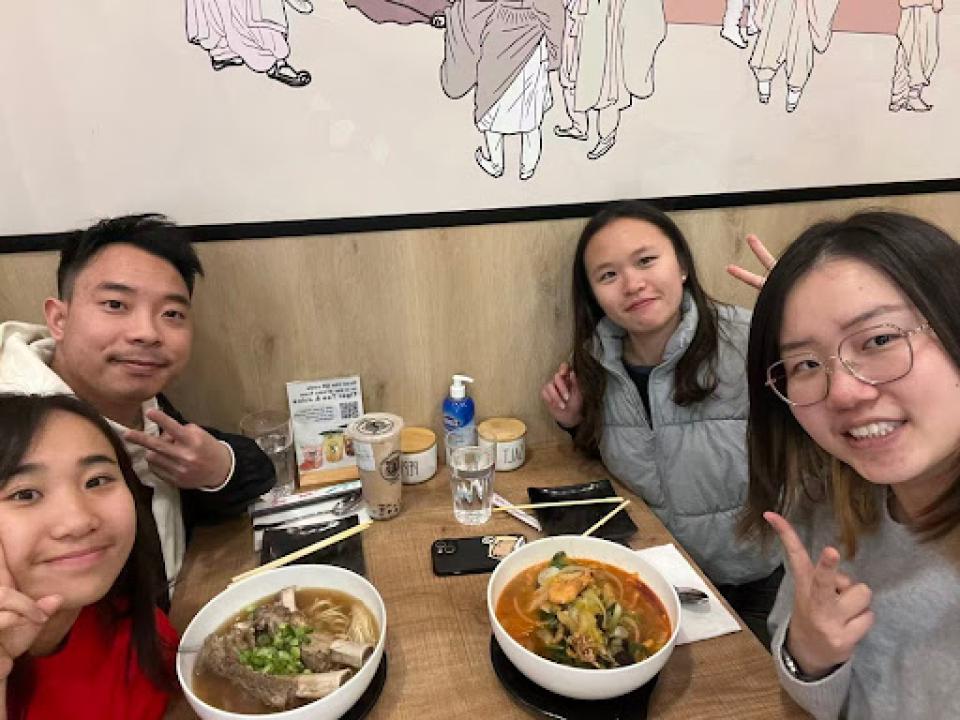
Today I help build knowledge pipelines and agent workflows that power AI agents: we ingest FAQs, policies and product documentation, chunk them appropriately, index with vector databases, re-rank the results and feed them into language models.
My practicum project at Andromeda was more than a project—it was a career catalyst.
By diving into the core workflow of RAG, I built a skillset that impressed founders and hiring managers in the AI industry. Staying curious, sharing what I learned and connecting with people at meetups turned school knowledge into real-world impact.
